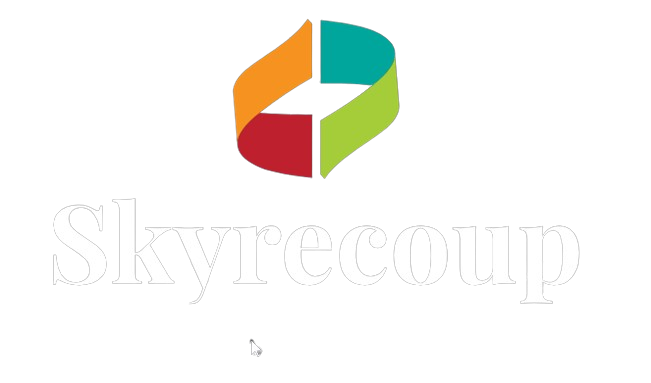Selecting suitable investment brokers or reliable financial advisors is more crucial in 2025. With new brokers enabling faster trading, an increasing number of forex brokers, and more online services, investors must use a checklist to determine which online brokers are regulated and transparent, and which are riskier.
Start with regulation and credentials
Verify licences and registrations
Regulatory status and licenses should always be double-checked with official registries (FCA, SEC, ASIC, SEBI, CySEC, etc.). A legitimate financial broker, for example, will readily display the broker’s license, along with a link to the regulator page; this is a test that separates broker transparency. When licenses aren’t provided, it gives you more reason for caution. Checking the broker’s regulatory status is the first step to vetting any broker.
Look for disciplinary history
Review the broker disciplinary history or the leader’s enforcement history pages to search for each broker for any disciplinary history. Warnings, violations, suspensions, fines, or any form of disciplinary action should serve as a simple test to stop your assessment. History is a very reasonable indicator of performance expectations, especially when going through broker trading behavior.
Security, custody, and platform practices
Fund segregation and insurance
Trustworthy online brokers keep customer funds separate from the company, and if possible, offer investor protection (SIPC, FSCS, etc.) in case of insolvency.
Cybersecurity & account safety
Strong platforms use a two-factor authentication model (2FA), limit session time, and/or perform extensive security inspections. Geopolitical regulators and exchanges are developing cybersecurity standards for brokers in 2025. Brokers lacking either a two-factor authentication process or transparent cyber policies should be treated as a red flag.
Practical red flags specific to investment brokers and online-only firms
- Assurances of guaranteed returns or no risk to invest — impossible in forex broker markets, and a common bait used by unsafe platforms.
- High-pressure sales, unexpected calls by the broker, and demands to change funds off the platform.
- Withdrawal delays or fees to access your money.
- Fee structures to trade with a brokerage firm that are vague or disguised.
Questions to ask before opening an account
- Is the broker regulated by a reputable authority? If so, please provide the licence number.
- How are my funds held and insured?
- What are the complete fees and spreads associated with this broker’s trading?
- What level of customer service and dispute resolution exists?
- Is the platform protected by 2FA and session/IP controls?
Quick checklist
- Verify the license and enforcement history.
- Verify fund segregation and sufficient insurance.
- Verify response times with customer service.
- Customer reviews can be valuable, but make sure to cross-check them with the regulator’s history.
- Review security practices that go beyond what the broker offers, such as 2-Factor Authentication (2FA), encryption, and any third-party security practices, such as API security methods.
Summary
In 2025, it is still reasonable to be careful when choosing an investment broker, financial brokerage services, or online brokers. It is still reasonable to perform your due diligence with regulation, through clear custody practices and cybersecurity practices, watch for significant flags (particularly forex brokers), and don’t overlook the basics mentioned above with commissions, fees, and withdrawals. Completing these steps minimizes the risk of losing your money on unsafe broker trading platforms and helps you choose a much better partner for your investing objectives.
For more updates, follow us on:



